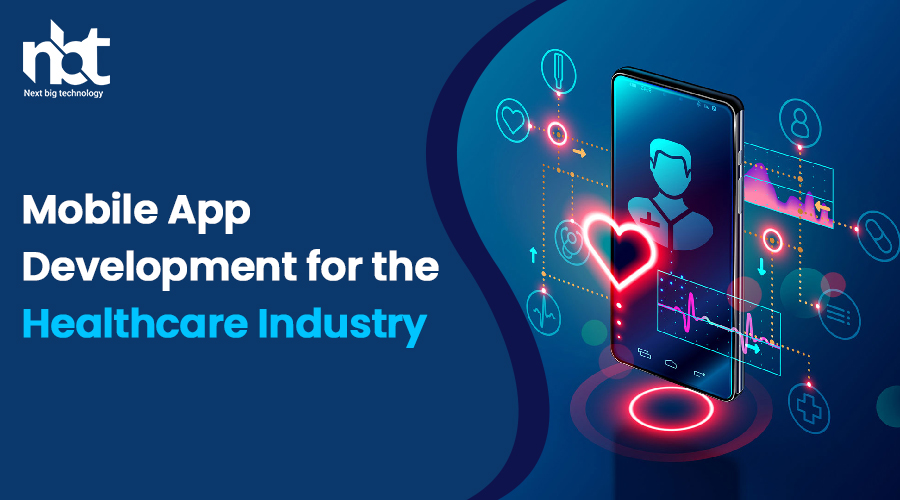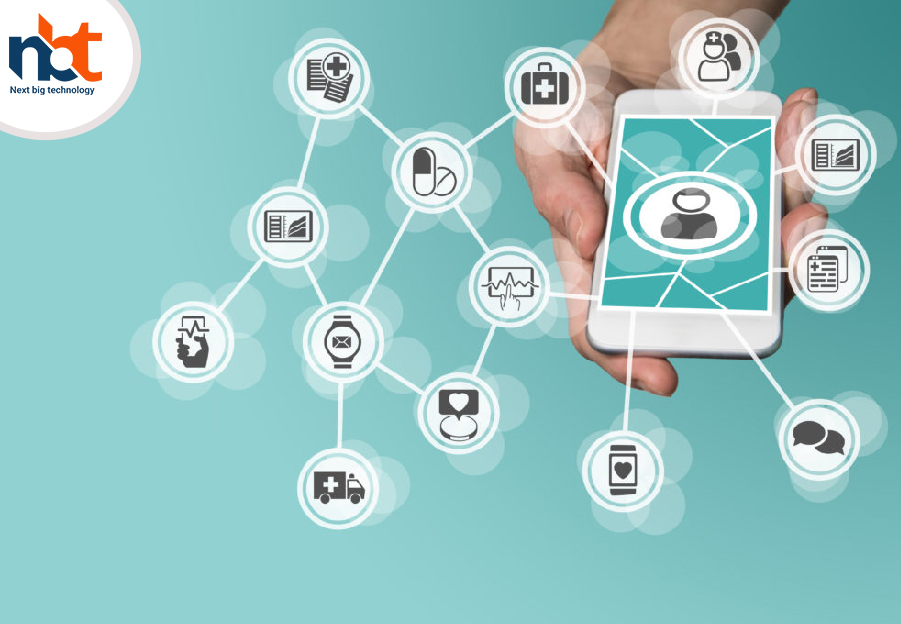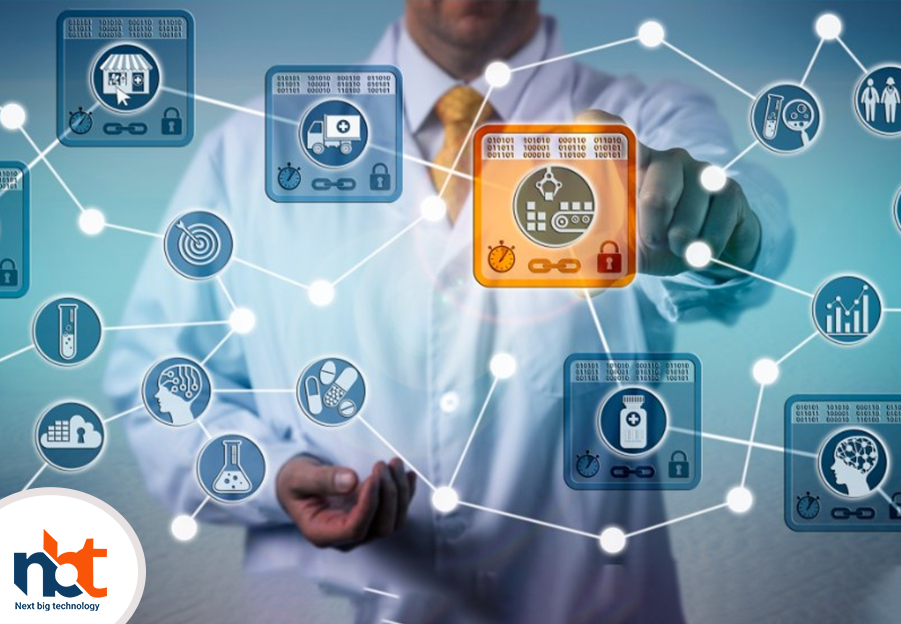In today’s fast-paced world, mobile applications have become an integral part of our daily lives. From ordering food to booking travel tickets, there seems to be an app for everything. However, one of the most significant areas where mobile apps have made a profound impact is in the healthcare industry. In this article, we will delve into the world of mobile app development for the healthcare sector, exploring its benefits, challenges, and the future it holds.
Table of Contents
Introduction
The healthcare industry has witnessed a digital transformation over the years, with mobile app development playing a pivotal role in improving patient care, accessibility, and efficiency. Mobile apps have become indispensable tools for healthcare providers, patients, and caregivers alike. In this article, we will explore how mobile app development is revolutionizing healthcare, the challenges it faces, and the key considerations for developing successful healthcare apps.
The Growing Need for Healthcare Apps
In an era of convenience, patients expect easy access to healthcare services and information. Mobile apps bridge the gap between patients and healthcare providers by offering a user-friendly platform for appointments, consultations, and health data management. The COVID-19 pandemic further accelerated the adoption of telemedicine and remote healthcare solutions, making healthcare apps more crucial than ever before.
Benefits of Mobile App Development in Healthcare
Improving Patient Engagement
Healthcare apps empower patients to take an active role in their healthcare journey. Features like medication reminders, symptom tracking, and health tips foster engagement and adherence to treatment plans.
Streamlining Healthcare Services
From appointment scheduling to electronic prescriptions, healthcare apps streamline administrative processes, reducing wait times and enhancing overall patient satisfaction.
Enhanced Access to Medical Information
Patients can access their medical records, test results, and educational resources conveniently through healthcare apps, promoting health literacy and informed decision-making.
Challenges in Healthcare App Development
Data Security and Privacy
Handling sensitive patient data requires robust security measures to protect against data breaches and ensure compliance with regulations like HIPAA (Health Insurance Portability and Accountability Act).
Regulatory Compliance
Healthcare apps must adhere to strict regulatory guidelines, which can vary by region. Navigating these regulations while delivering a seamless user experience can be challenging.
Integration with Existing Systems
Integrating healthcare apps with electronic health record (EHR) systems and other healthcare infrastructure components demands meticulous planning and execution.
Key Features of Successful Healthcare Apps
Appointment Scheduling
Efficient appointment scheduling with reminders reduces no-show rates and improves resource allocation for healthcare providers.
Telemedicine and Remote Monitoring
Telehealth capabilities enable remote consultations and monitoring of patients’ vital signs, making healthcare accessible, especially in remote areas.
Electronic Health Records (EHR) Access
Patients and healthcare professionals can access, update, and share medical records securely, promoting continuity of care.
The Role of AI and IoT in Healthcare Apps
Predictive Analytics
AI-driven algorithms can predict disease outbreaks, identify high-risk patients, and recommend personalized treatment plans.
Wearable Health Devices
IoT-connected wearables can continuously monitor patients’ health, providing real-time data for early intervention and preventive care.
Case Studies: Successful Healthcare App Examples
HealthKit by Apple
HealthKit integrates health data from various sources, promoting a holistic approach to personal health management.
Doximity
Doximity connects healthcare professionals, allowing secure communication, medical news updates, and job opportunities.
Zocdoc
Zocdoc simplifies appointment booking, helping patients find and book appointments with healthcare providers.
Future Trends in Healthcare App Development
Virtual Reality (VR) in Healthcare
VR can revolutionize medical training, pain management, and therapy by creating immersive healthcare experiences.
Blockchain for Health Data
Blockchain technology enhances data security, interoperability, and patient consent management in healthcare.
How to Develop a Healthcare App
Define Your Purpose and Target Audience
Clearly defining your app’s purpose and identifying your target audience are crucial first steps in the development process.
Choose the Right Technology Stack
Selecting the appropriate technology stack ensures your app performs optimally and remains scalable.
Design an Intuitive User Interface (UI)
User-friendly design is essential for a positive user experience, especially in healthcare apps where usability is critical.
Ensure Data Security
Implement robust security measures to protect sensitive medical data and build trust with users.
Marketing Your Healthcare App
Social Media Promotion
Leverage social media platforms to create awareness, engage with users, and promote your healthcare app.
Collaborations with Healthcare Providers
Partnering with healthcare providers can help you access a ready-made user base and gain credibility in the industry.
App Store Optimization (ASO)
Optimize your app’s visibility on app stores through keyword research, ratings, and reviews.
Measuring Success and User Feedback
Key Performance Indicators (KPIs)
Track KPIs such as user engagement, retention rates, and patient outcomes to measure the app’s success.
Continuous Improvement
Listen to user feedback and continuously update your app to meet evolving healthcare needs.
Conclusion
Mobile app development has reshaped the healthcare industry, offering a multitude of benefits to patients and healthcare providers. As technology continues to advance, the future of healthcare apps holds even more exciting possibilities, from virtual reality experiences to blockchain-backed data security. By addressing challenges, staying updated on trends, and prioritizing user needs, healthcare app developers can make a significant impact on the industry’s future.
FAQs
What is the role of telemedicine in healthcare apps?
Telemedicine enables remote consultations between patients and healthcare professionals, expanding access to medical services and reducing the need for in-person visits.
How can healthcare apps improve patient outcomes?
Healthcare apps promote patient engagement, medication adherence, and access to medical information, ultimately leading to better-informed decisions and improved outcomes.
Are healthcare apps safe for sharing sensitive medical data?
Developers must implement stringent security measures to protect sensitive medical data. Compliance with regulations like HIPAA is essential to ensure data safety.
What is the future of AI in healthcare app development?
AI will continue to play a crucial role in healthcare app development, driving predictive analytics, personalized treatment plans, and automation of administrative tasks.
How do I choose the right development team for my healthcare app?
Look for a team with experience in healthcare app development, a strong understanding of regulatory requirements, and a track record of delivering user-friendly and secure solutions.
Thanks for reading our post “Mobile App Development for the Healthcare Industry”. Please connect with us to know more about Healthcare App Development.













